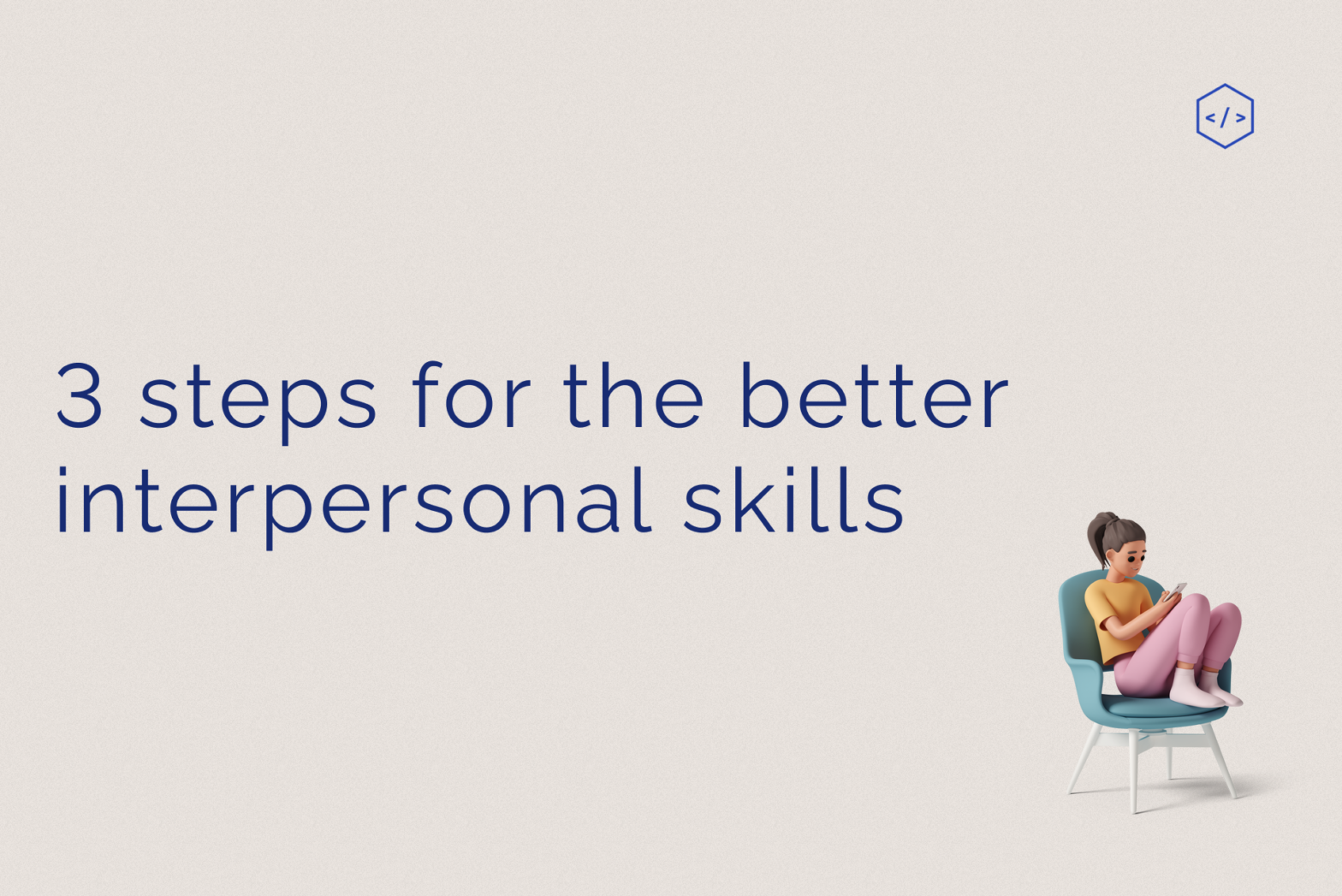Relationships play an essential role in our life. As part of society, we interact with hundreds of people every day. And given that we spend most of our time at work, the importance of interpersonal relationships in the team is the first place for many of us.
Most newcomers are getting a new job and experience communication difficulties for a long time. It is rare when a social group of people who have already gotten used to each other gladly accepts a new and unknown person into their close circle. However, knowing the peculiarities of interpersonal relations in a team, this problem can be avoided entirely.
Interpersonal relations in the work team
The structure of any team contains two main types – primary and secondary. If we consider this structure within the framework of one organization, then the primary group will be all employees working in the company. The secondary group has a narrower meaning. These may be colleagues working in the same department and having a common goal and focus. Interpersonal relationships in the primary team are usually general. In such a group of people, communication occurs at the usual business, daily, and emotionally. In the preliminary squad, close contact and interaction of people with each other are not necessary. The secondary team, as a rule, consists of small groups of people who are more closely and emotionally connected. Therefore, the analysis of interpersonal relations in a team should be carried out precisely on the example of such secondary groups.
The labor collective contains a whole system of relations, the main task of which is to achieve the organization’s common goals. In addition to the formal group of people in the team, there is always an informal group. It arises in the interaction process between colleagues and is not subject to the administration and management of the organization. Also, an informal group is based on mutual likes and dislikes between colleagues, and there are always leaders and outsiders. And since some group members can suppress others, conflicts in labor collectives are inevitable.
Problems of interpersonal relations in a team
Conflicts in the team begin with disagreements between members of the formal group. This phenomenon is inevitable and, in some cases, beneficial. For example, if a team member is prone to disputes, then some organization members do not enter into a skirmish with him but observe the course of events. This behavior allows you to learn more about your colleagues and their views on certain things. Such disagreements in some situations help the team to come together. Conflict as a social phenomenon is divided into three types:
1. Intrapersonal. The most common example of such a conflict is when conflicting demands are placed on a person regarding his work.
2. Conflict between the individual and the group. Here the question is more about informal groups and the norms of behavior that exist in them. To be recognized in the team, you must strictly follow these rules. Any opinion that goes against the idea of the group can lead to this type of conflict.
3. Intergroup conflict. It concerns, first of all, the disagreements between the formal and informal groups of the collective. Most often, this refers to the struggle between departments of the company for financial or labor benefits.
3 steps for the better interpersonal skills
Here are a few tips on your path to developing excellent interpersonal skills.
1. Ask for constructive feedback
Before you can work on developing interpersonal skills, you need to know where you’re lacking. The best way to find this out is to go straight from the people closest to you. Be aware of your interpersonal skills when you try this. Keep your mind open to feedback.
2. Practice active listening
To improve your interpersonal skills, you must be a better listener.
Here are six steps to practice active listening.
- Pay attention when someone else is talking.
- Don’t judge them or steamroll them with your ideas.
- Reflect on what they might be trying to say and feel.
- Clarify anything vague or confusing by asking as many questions as possible.
- Summarize what they’ve said by paraphrasing and repeating it back to them.
- Please share your thoughts after you’re sure they’re done talking and that you’ve understood them correctly.
- Get in touch with your feelings.
Developing interpersonal skills means that you need a better understanding of others, but it also means having a better experience of yourself.
3. Find a mentor or enroll in a course
If you’re struggling with developing interpersonal skills, there are many opportunities for you to find more direct and involved help.
This one can feel vulnerable, but you can always try reaching out to a close friend, family member, colleague, or peer with excellent interpersonal skills.
Also, search these themes:
- Emotional intelligence course
- Soft skills training
- People skills course
- Better communication training
